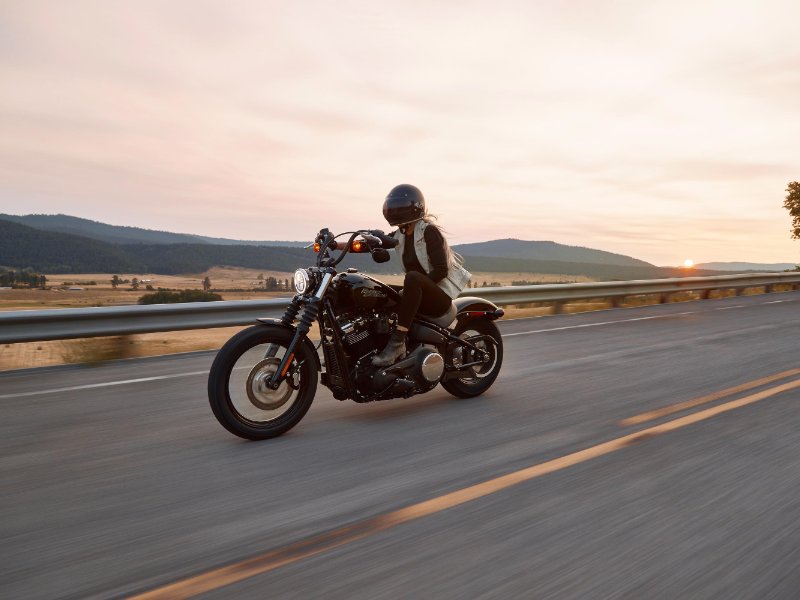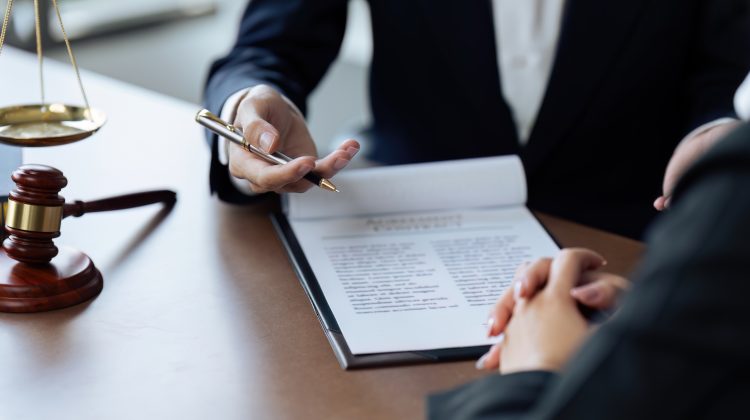Motorcycle collisions are hardly accidents. Many times, motorcycle collisions are caused by negligence or unforeseen dangers on the road. While many of us think we will not be in a collision, in 2020 alone, 14% of all traffic fatalities were motorcyclists, even though they only make up 3% of all registered vehicles in America.
While we are taught to share the road, this is not always the case for all drivers. If you or a loved one was involved in a motorcycle crash or are interested in riding a motorcycle in the future, it is imperative to know what to do in the seconds, minutes, and days following a crash.
Move Out of the Way
After a collision, the first thing everyone involved can do is move to a safe location as quickly as possible. Staying at the crash scene can put you in further danger of being hit. The minutes and hours after a motorcycle crash can also be fueled by adrenaline and can mask any injuries so moving out of the way and leaving your motorcycle can help prevent further injuries. Also do not move your motorcycle; the location and condition of the bike at the time of the accident could be used as evidence in the event you file a claim.
Check for Injuries
Some injuries are not apparent after a collision. Checking yourself and any passengers for injuries is important to evaluate the level of care you may need. It is also imperative to keep your protective gear on. “Don’t remove your protective gear until instructed to do so by a medical professional,” note motorcycle lawyers at The Fang Law Firm, “Your protective gear may be compressing a potentially fatal injury or embedded into road rash wounds.”
In the event someone suffers a serious spinal injury, it may be the most important to not move the injured person until professional help arrives. Call 911 or any other emergency services for help if you are physically able, otherwise you may need to signal for help.
Gather Evidence
Collecting evidence could make the difference in being able to recover compensation for your losses. If possible, take photos and videos of the collision scene or ask a witness to help you. Everything from your injuries, the road, your motorcycle, the car, and the street can be used as evidence. This is also true if you were involved in a single-vehicle crash. It may also be helpful to contact nearby businesses for surveillance camera footage.
Collect contact information for all witnesses at the scene of the crash and if possible, try to write down all details you can remember either on note on your phone or a piece of paper as soon as possible while it is still fresh in your mind. Keep a log of all medical expenses, including driving to and from all medical appointments.
Consider Legal Help
After a motorcycle collision, you may feel overwhelmed. Between doctor’s visits, coordinating time off work and conversations with the insurance company, hiring a professional can help ease the workload while you focus on healing. Choosing to hire an attorney can mean someone working on your behalf to gather evidence, compile medical bills, and fight for your right to fair compensation from the insurance company or other negligent parties.
Many motorcycle attorneys offer free consultations to help victims understand their legal rights. Scheduling a free consultation may show you additional avenues for recovering compensation.
Preparing for the Unexpected
According to the National Highway Traffic Safety Administration, 5,579 motorcyclists died in 2020. No one plans on being in a motorcycle collision, but knowing what to do if one happens can mean the difference of recovering compensation or not, and even saving a life. By moving out of the way, checking for injuries, gathering evidence and considering professional legal assistance, you and your loved ones can be prepared or know what to do following a crash.




No Comment